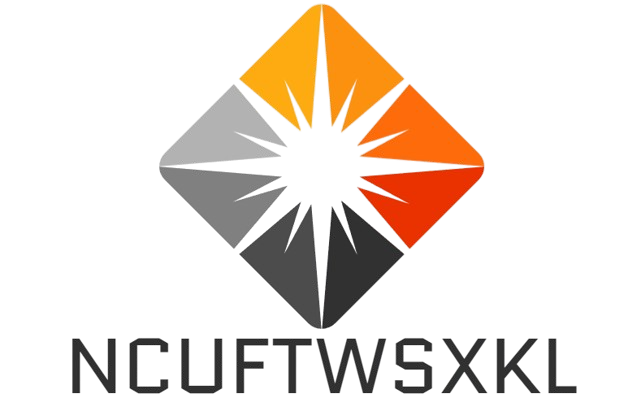Pursuing a mortgage is almost like a right of passage for adults. When the time comes to move from renter, or parents’ home dweller, to home owner, you need to do some research. For example, the article below gives you some handy pointers which will assist you in the mortgage search process.
Save enough money to make a down payment. Lenders may accept as little as 3.5% down but try to make a larger down payment. If you put down 20% of your total mortgage, you won’t have to pay private mortgage insurance and your payments will be lower. You will also need cash to pay closing costs, application fees and other expenses.
Get your documents together before approaching a lender. The appointment won’t last long if you aren’t prepared with prior year tax returns, payment stubs, and other financial documentation. If you have these documents with you, you’ll be able to easily apply for your loan in a single trip.
Start saving all of your paperwork that may be required by the lender. These documents include pay stubs, bank statements, W-2 forms and your income tax returns. Keep these documents together and ready to send at all times. If you don’t have your paperwork in order, your mortgage may be delayed.
Know your credit score before going in to get a mortgage. Your potential lender will do their own homework on this, but you should arm yourself with the intel as well. Knowledge is power in terms of the negotiations to follow. If you aren’t clear on your strengths and weaknesses, then a lender can more easily use the knowledge against you.
Prepare your paperwork before applying for a mortgage. There are many items that a lender will require. These items include the last two or three years worth of tax returns, copies of each of your monthly credit card statements and installment loans. Three months bank statements and two months worth of pay stubs are also needed for approval.
Make sure that all of your loans and other payments are up to date before you apply for a mortgage. Every delinquency you have is going to impact your credit score, so it is best to pay things off and have a solid payment history before you contact any lenders.
Make sure you know how much you can afford before applying for a mortgage. Do not rely on what your lender says you can afford. Make a budget, allowing room for any unexpected expenses. Use online calculators which can help you estimate how much mortgage you can afford to pay monthly.
A fixed-interest mortgage loan is almost always the best choice for new homeowners. Although most of your payments during the first few years will be heavily applied to the interest, your mortgage payment will remain the same for the life of the loan. Once you have earned equity, you may be able to refinance your loan at a lower interest rate.
If you’ve gotten approved for a mortgage, don’t make any other big purchases until after you’ve closed on your home. Typically your lender will pull your credit once again right before closing. If there are issues that crop up it could lead to problems with your closing. Be smart and curb spending until all is complete.
Current interest rates on home mortgages are lower than they have been in years. Experts expect them to begin increasing again shortly, so now is a great time to purchase a home and finance it at a low rate. The shorter the term of the mortgage, the better the rate you will be able to get.
Pay off your mortgage sooner by scheduling bi-weekly payments instead of monthly payments. You will end up making several extra payments per year and decrease the amount you pay in interest over the life of the loan. This bi-weekly payment can be automatically deducted from your bank account to make it easy and convenient.
Put as much as you can toward a down payment. Twenty percent is a typical down payment, but put down more if possible. Why? The more you can pay now, the less you’ll owe your lender and the lower your interest rate on the remaining debt will be. It can save you thousands of dollars.
Avoid interest only type loans. With an interest only loan, the borrower only pays for the interest on the loan and the principal never decreases. This type of loan may seem like a wise choice; however, at the end of the loan a balloon payment is needed. This payment is the entire principal of the loan.
Save up as much as you can before you look into buying a home. The more that you have to put down, the better that the terms of your home mortgage contract will be. Essentially, anything that you have to take out on loan could cost you three times that by the end, so save as much as is possible first.
If you can’t get a loan through a credit union or bank, consider a mortgage broker. Brokers could find a loan that is better for you. They check out multiple lenders on your behalf and help you choose the best option.
If you have a little bit more money to put down on a home, consider getting a conventional mortgage as opposed to an FHA mortgage. FHA mortgages have lower down payments, but excessive fees that are added to the cost of the mortgage. Save up at least 5 percent in order to be eligible for an FHA loan.
Whether you are moving out of your parents’ basement or an apartment you’ve lived in for a decade, the time is now to become a home owner. As home prices continue to increase, you’ll see your investment grow. Use the tips you’ve read today to help you find a great mortgage soon.



